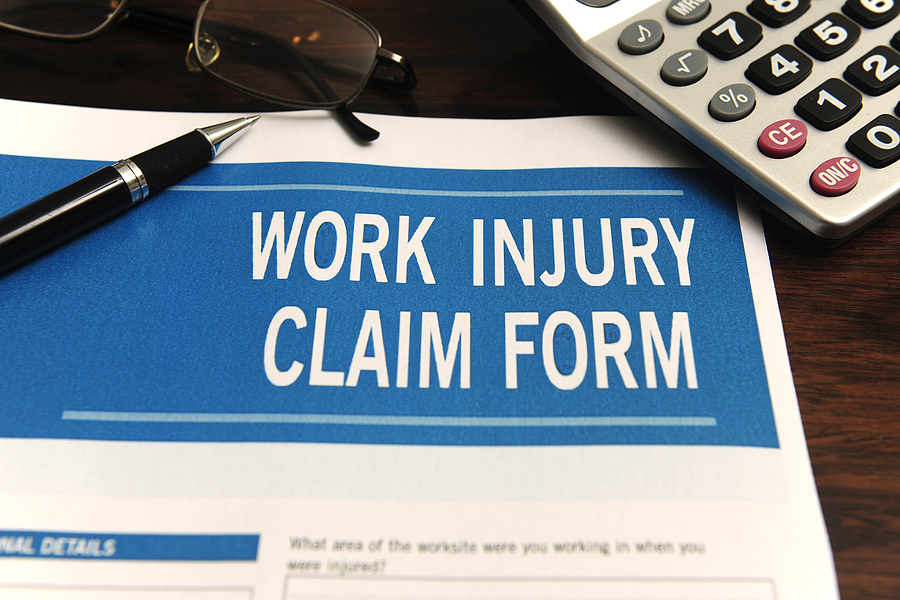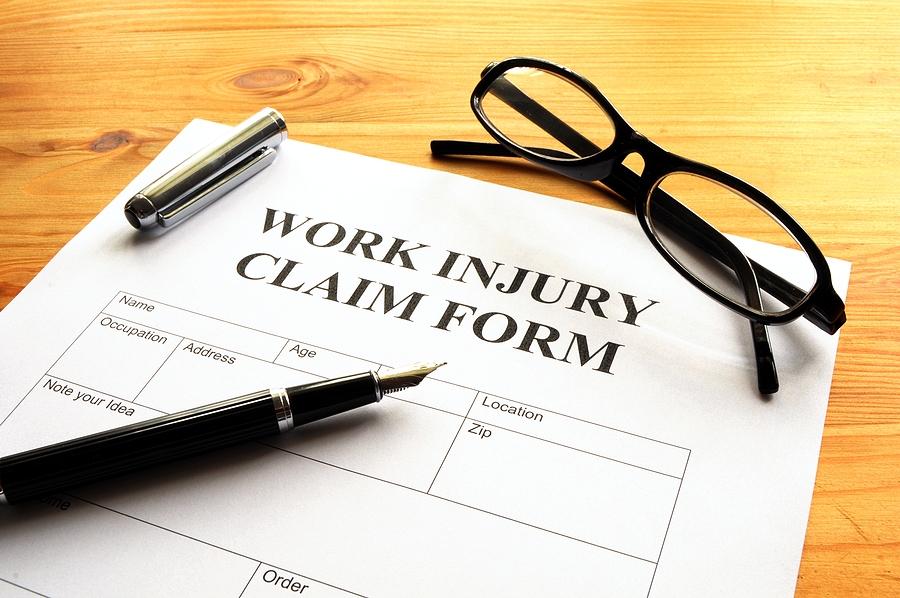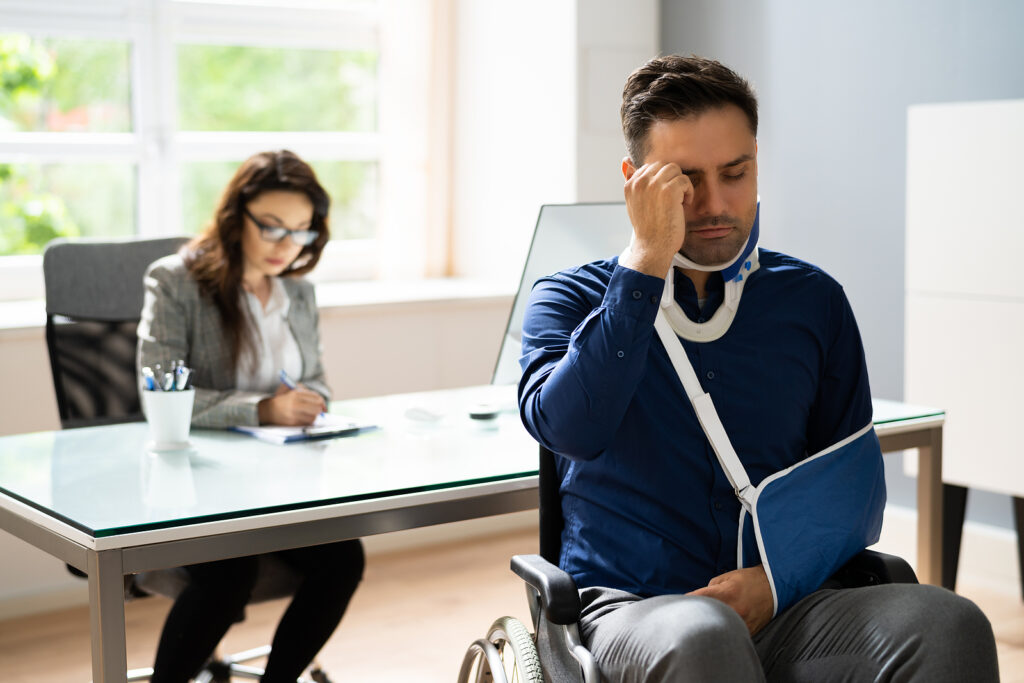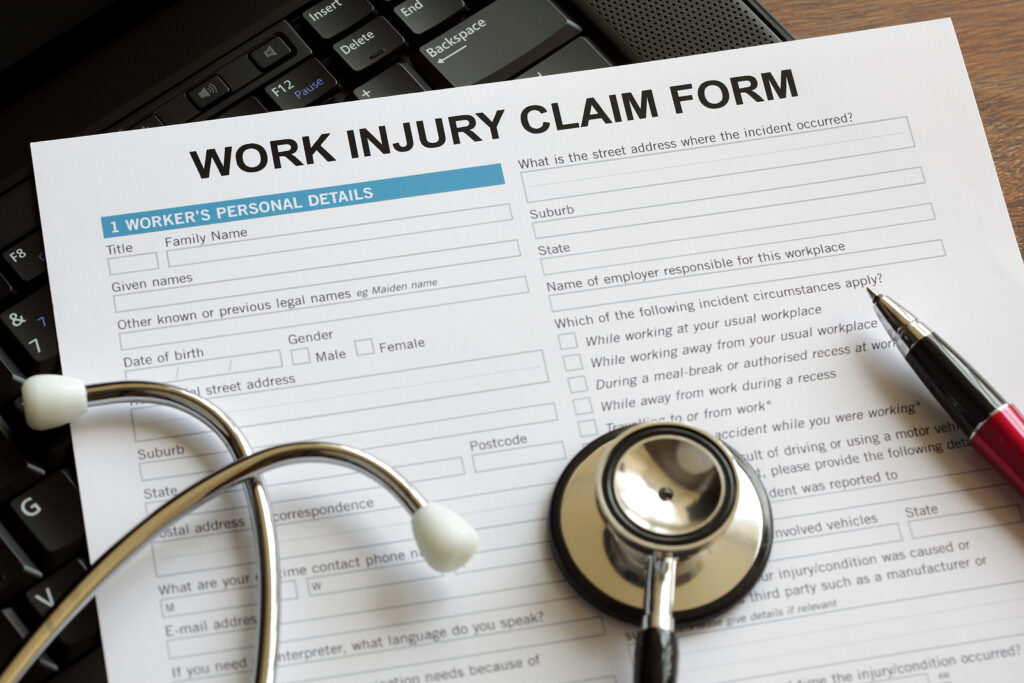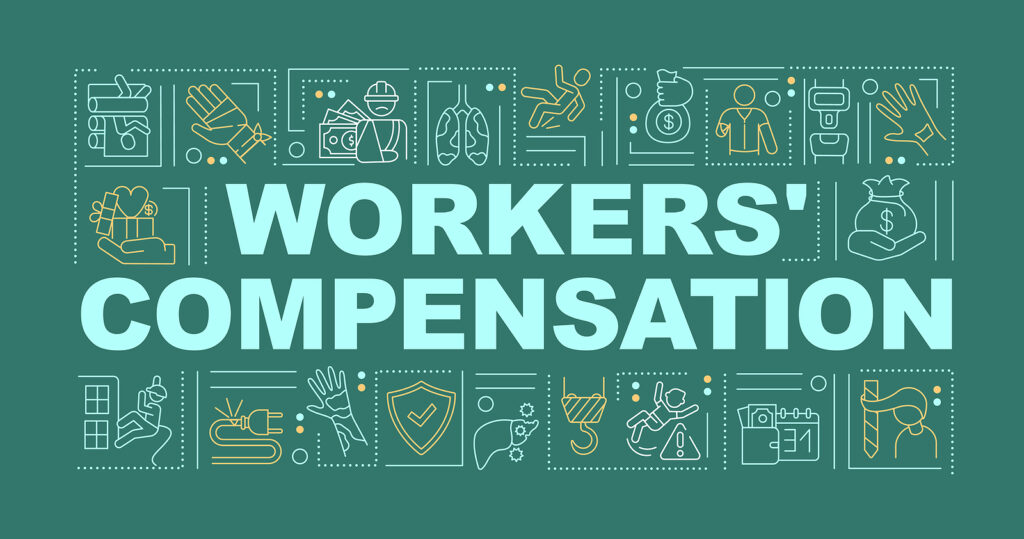Navigating the labyrinth of workplace injury claims in Indiana can be a daunting task without the right guidance. In this complex system, a workers’ compensation lawyer serves as your beacon of hope, offering legal counsel and support every step of the way. They are well-versed with the intricacies of the Workers’ Compensation Act, ensuring that your rights as an injured worker are protected and your claims are handled efficiently.
Through this post, we aim to shed light on the essential role of a workers’ comp attorney and what you can expect when you engage their services in the state of Indiana.
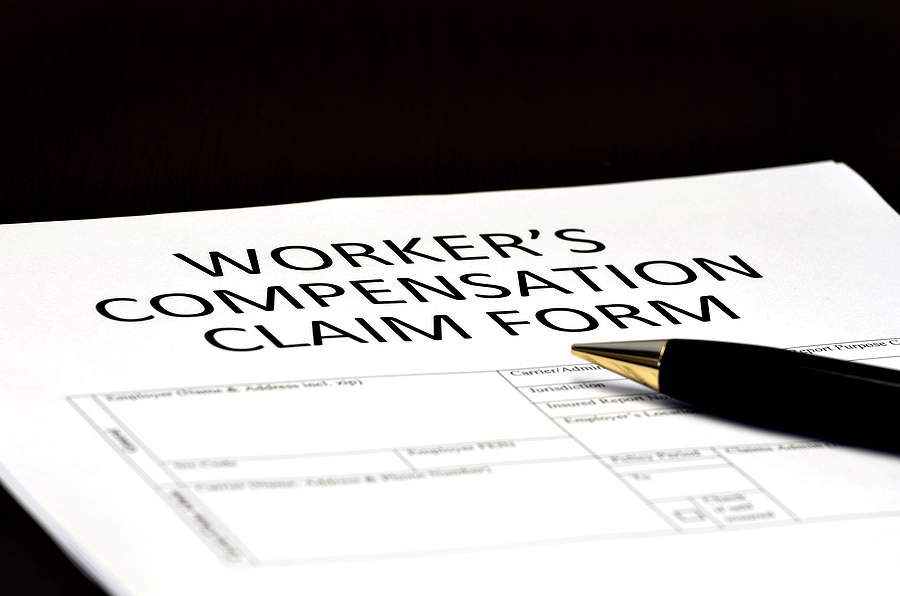
Understanding Workers’ Compensation in Indiana
Workers’ compensation is a form of insurance that provides benefits to employees who are injured or become ill as a result of their jobs. In Indiana, most employers are required to have workers’ compensation insurance, which covers medical expenses and lost wages for employees who suffer work-related injuries or illnesses. However, navigating the claims process can be complicated, and employers and insurance companies may try to deny or limit your benefits. This is where a workplace compensation lawyer comes in.
The Role of a Workers’ Compensation Lawyer
A workers’ compensation lawyer serves as an advocate for injured workers, ensuring that their rights are protected and their claims are handled effectively. They have in-depth knowledge of the Workers’ Compensation Act, which outlines the rules and regulations for workplace injury claims in Indiana. This includes understanding the types of workplace injuries that qualify for workers’ comp benefits, the time limits for filing a claim, the types of benefits available, and the process for appealing a denied claim.
The Workers’ Compensation Act is a set of laws that govern workers’ compensation claims in Indiana. It outlines the rights and responsibilities of both employers and employees in the event of a workplace injury or illness. These laws are designed to protect injured workers, ensuring that they receive fair compensation for their injuries and losses.
What to Expect from a Workplace Injury Lawyer
When you engage the services of a workplace injury lawyer in Indiana, they will guide you through every step of your claim, from filing to resolution. This includes gathering evidence, completing paperwork, and negotiating with your employer’s insurance company on your behalf. They will also represent you at hearings or mediation sessions if necessary.
A workers’ comp lawyer will also assist you in obtaining the appropriate medical treatment for your injury or illness and ensure that all medical bills are paid by the worker compensation insurance company. Additionally, they will help you understand the benefits available to you, such as temporary total disability benefits, permanent partial impairment benefits, and vocational rehabilitation.
What to Do if You are Seriously Injured at Work
If you are seriously injured at work, it is crucial to seek legal counsel from a workers’ compensation attorney in Indianapolis immediately. They can help you navigate the claims process and ensure that your rights are protected while you focus on recovering from your injuries.
It is also important to report your injury to your employer as soon as possible and seek medical treatment for your injuries. Failure to do so could jeopardize your eligibility for workers’ compensation benefits.
Conclusion
In conclusion, a workers’ compensation lawyer plays an essential role in helping injured workers receive the benefits they are entitled to under the Workers’ Compensation Act in Indiana. They provide legal representation and support throughout the claims process, ensuring that your rights are protected and your claims are handled efficiently. If you have been injured or become ill on the job in Indiana, do not hesitate to seek the assistance of a workers’ compensation lawyer to ensure that you receive the benefits you deserve.
So, always remember, whenever faced with a work-related injury or illness in Indiana, a workplace injury attorney will be your best ally. They will fight for your rights and ensure that you receive the compensation you are entitled to, allowing you to focus on recovering and getting back to work. Keep this in mind and stay safe at work!
We hope this blog post has provided helpful information about workplace injury cases in Indiana. Contact Craven, Hoover & Blazek, P.C. at 317-881-2700 to schedule a free initial personal injury case evaluation with a seasoned workers’ compensation lawyer in Indianapolis, today. Meet with us over the phone, video conference, or in person at our Indy office.
Related Posts:
How to Successfully File a Workers’ Compensation Claim in Indiana
How to Manage a Workers’ Comp Injury Claim
Common Warehouse Accidents Covered By Workers’ Compensation

